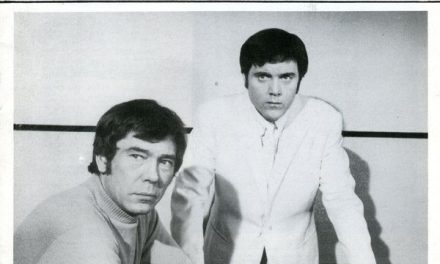With business seemingly everywhere on television, from the risks of the retail and restaurant trade to pitching for investment or competing to become the next ‘apprentice’, The Television Entrepreneurs draws upon popular business-oriented shows such as The Apprentice and Dragons’ Den to explore the relationship between television and business.
Based on extensive interviews with key industry and business figures and drawing on new empirical research into audience perceptions of business, this book examines our changing relationship with entrepreneurship and the role played by television in shaping our understanding of the world of business. The book identifies the key structural shifts in both the television industry and the wider economy that account for these changing representations, whilst examining the extent to which television’s developing interest in business and entrepreneurial issues is simply a response to wider social and economic change in society. Does a more commercial and competitive television marketplace, for instance, mean that the medium itself, through a particular focus on drama, entertainment and performance, now plays a key role in re-defining how society frames its engagements with business, finance, entrepreneurship, risk and wealth creation?
Mapping the narratives of entrepreneurship constructed by television and analysing the context that produces them, The Television Entrepreneurs investigates how the television audience engages with such programmes and the possible impact these may have on public understanding of the nature of business.
‘Boyle and Kelly offer a powerful narrative of the centrality of television in debates about business and public knowledge. Anyone who wants to understand reality TV should read their rich and insightful research in production and reception processes for business entertainment that connects culture with society and politics.’ – Annette Hill, Lund University, Sweden
‘Boyle and Kelly develop an illuminating inquiry into how television turns the values and practices of business into “good viewing”. This topical book is rich in detail about the television process, both the documenting of realities and the fashioning of fairytales, placing its findings convincingly within the broader political and social setting.’ – John Corner, University of Leeds, UK





